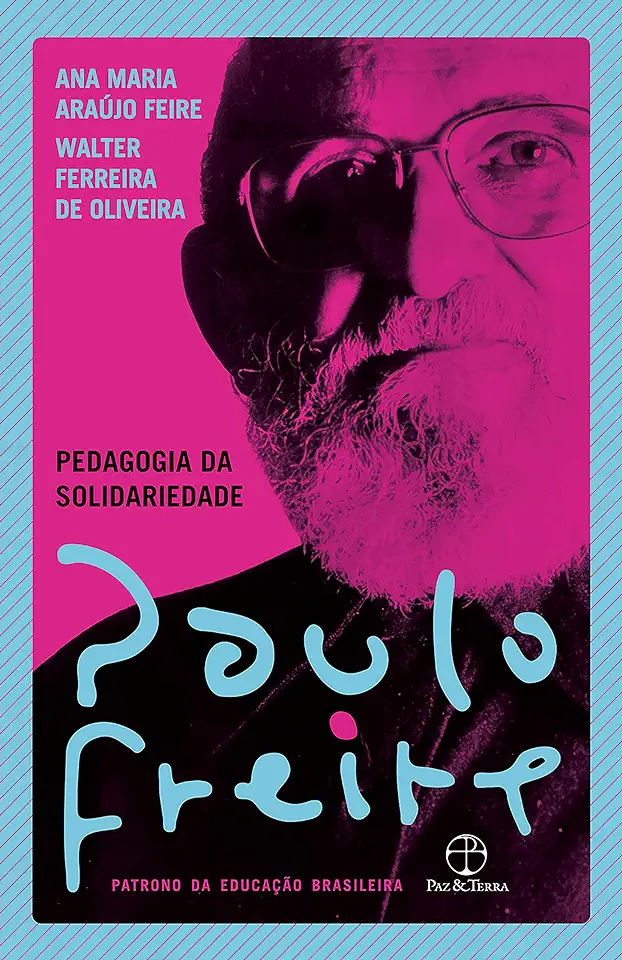
Pedagogy of Solidarity - Paulo Freire
Pedagogy of Solidarity: A Revolutionary Approach to Education
In his groundbreaking work, "Pedagogy of Solidarity," Paulo Freire presents a transformative vision of education that challenges traditional notions of teaching and learning. Freire argues that education should not be a one-way transmission of knowledge from teacher to student, but rather a collaborative process that empowers learners to critically engage with the world around them and work together to create a more just and equitable society.
Key Concepts
Freire's pedagogy of solidarity is based on several key concepts:
Dialogue: Freire emphasizes the importance of dialogue as a means of fostering critical thinking and social transformation. He argues that true learning occurs when students are able to engage in open and respectful dialogue with their teachers and peers, challenging assumptions and exploring new ideas.
Praxis: Freire's concept of praxis refers to the interconnectedness of theory and practice. He argues that education should not be limited to abstract knowledge, but should be grounded in real-world experiences that allow students to apply their learning to their own lives and communities.
Conscientization: Conscientization is the process by which individuals become critically aware of their own reality and the social structures that shape it. Freire argues that conscientization is essential for social change, as it empowers individuals to challenge oppressive systems and work towards creating a more just and equitable society.
Applications of Pedagogy of Solidarity
Freire's pedagogy of solidarity has been applied in a wide range of educational settings, from classrooms to community organizations. It has been shown to be effective in promoting critical thinking, social awareness, and civic engagement.
In the classroom: Pedagogy of solidarity can be used to create a more inclusive and engaging learning environment. By encouraging dialogue, collaboration, and critical thinking, teachers can help students to develop a deeper understanding of the world around them and become more active participants in their own learning.
In community organizations: Pedagogy of solidarity can be used to empower marginalized communities and promote social change. By providing opportunities for dialogue and critical reflection, community organizations can help individuals to identify the root causes of oppression and work together to create more just and equitable communities.
Conclusion
"Pedagogy of Solidarity" is a powerful and inspiring book that offers a transformative vision of education. Freire's ideas are essential reading for anyone interested in creating a more just and equitable world.
Why You Should Read This Book
If you are passionate about education and social justice, then "Pedagogy of Solidarity" is a must-read. Freire's groundbreaking work will challenge your assumptions about teaching and learning and inspire you to create a more transformative educational experience for your students.
Here are a few reasons why you should read this book:
- It will change the way you think about education. Freire's pedagogy of solidarity is a radical departure from traditional notions of teaching and learning. He argues that education should not be a one-way transmission of knowledge, but rather a collaborative process that empowers learners to critically engage with the world around them and work together to create a more just and equitable society.
- It will inspire you to become a more effective teacher. Freire's ideas can be applied in any educational setting, from classrooms to community organizations. By incorporating dialogue, collaboration, and critical thinking into your teaching, you can help your students to develop a deeper understanding of the world around them and become more active participants in their own learning.
- It will help you to create a more just and equitable world. Freire's pedagogy of solidarity is not just a theory; it is a call to action. By empowering individuals to critically engage with the world around them and work together to create a more just and equitable society, we can build a better future for all.